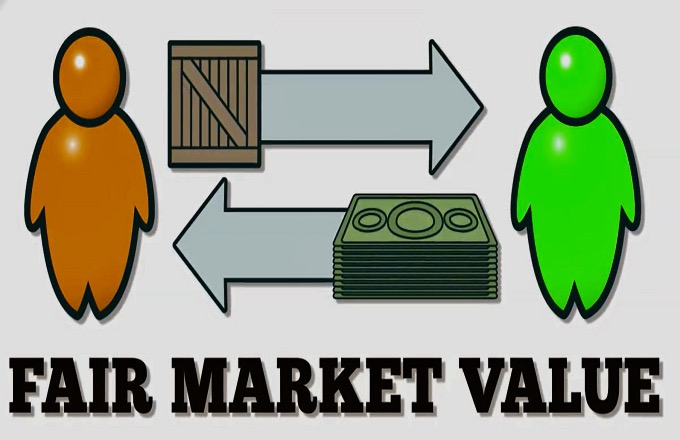
In Trustees of the IWA v Wade 2019 BCSC 1085 the court successfully sued the defendant for knowingly assisting in the breach of a trust upon the plaintiff.
The leading case with respect to knowing assistance in breach of trust is the Supreme Court of Canada decision in Air Canada v M&L Travel Ltd. (1993) 3 SCR 787.
In that case, a travel agency breached a contractual trust by failing to hold funds it collected from the sale of Air Canada airline tickets in trust for Air Canada as required by contract. The funds were retained in the travel agency’s general operating account rather than in the trust account set up for the purpose of holding such funds.
The directors of the travel agency were found to be personally liable to Air Canada for the amount the of the ticket sales.
The court discussed the general principles regarding personal liability of a third-party, or “ stranger to a trust” for knowingly participating in a breach of trust at 808 – 811.
The court stated “ having found that the relationship between the travel agency and the respondent airline was a trust relationship, there is no question that the travel agency’s actions were in breach of trust. The travel agency failed to account to the respondent for the monies collected through sales of tickets. What remains to be decided is whether the directors of the travel agency should be held personally liable for the breach of trust on the basis they were constructive trustees. Whether personal liabilities is imposed on the stranger to a trust depends on the basic question of whether the stranger’s conscience is sufficiently affected to justify the imposition of personal liability.”
The only basis upon which the directors could be held personally liable as constructive trustees is under the “ knowing assistance “ head of liability. Persons who assist with knowledge in a dishonest, and from the fraudulent design on the part of the trustees will be liable for the breach of trust as constructive trustees. This basis of liability raises two main issues: the nature of the breach of trust and the degree of knowledge required of the stranger.
A stranger to a trust will be liable if he or she knowingly assisted the trustee in a fraudulent and dishonest breach of trust.
Where the trustee is a Corporation, rather than an individual, the inquiry as to whether the breach of trust was dishonest and fraudulent may be more difficult to conceptualize, because the corporation can only act through human agents who are often strangers to the trust twos liability is an issue.
The standard best accords with the basic rationale for the imposition of personal liability on a stranger to a trust, which is whether the stranger’s conscience is sufficiently affected to justify the imposition of personal liability. In that respect, the taking of a knowingly wrongful risk resulting in prejudice to the beneficiaries is sufficient to prove personal liability. To find liability for knowing assistance in a breach of trust, the court described the necessary degree of knowledge of the stranger to a trust as follows:
“the knowledge requirement for this type of liability is actual knowledge; reckless or willful blindness will also suffice. To be held liable the stranger must have had both actual knowledge of the trust existence and actual knowledge that what is being done is improperly in breach of that trust—though, of course, in both cases, a person willfully shutting his eyes to the obvious is no different position than if you’d kept them open.
Whether the trust is created by statute or by contract may have an impact on the question of the stranger’s knowledge of the trust. If the trust was imposed by statute, then he or she will be deemed to have known of it. If the trust was contractually created, then whether the stranger knew the trust will depend in his or her familiarity or involvement with the contract or it.
If the stranger received a benefit as a result of the breach of trust, this may ground an inference that the stranger knew of the breach– the receipt of a benefit will be neither a sufficient nor necessary condition for the drawing of such an inference.




